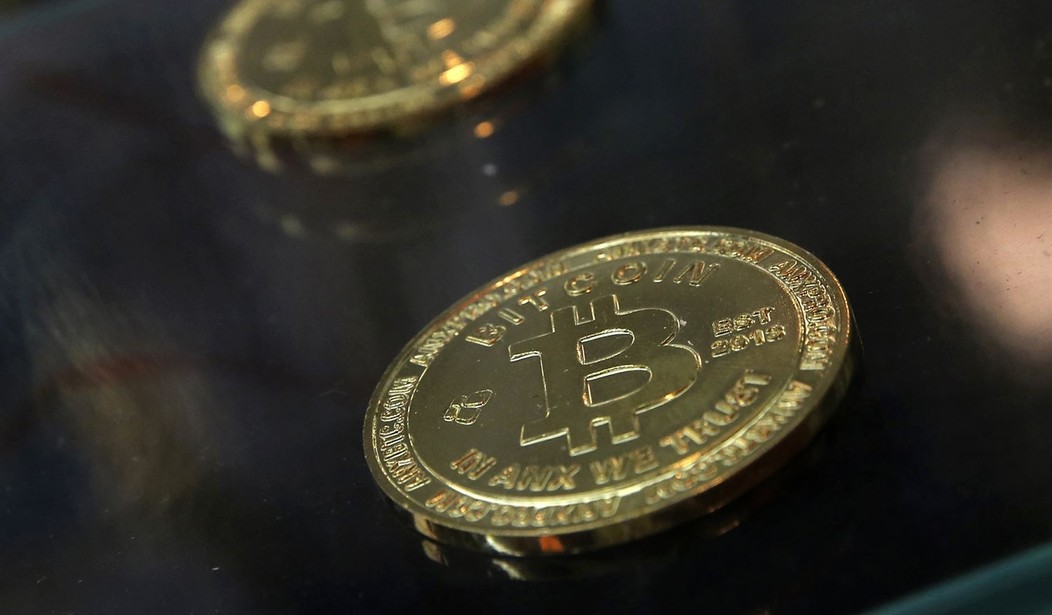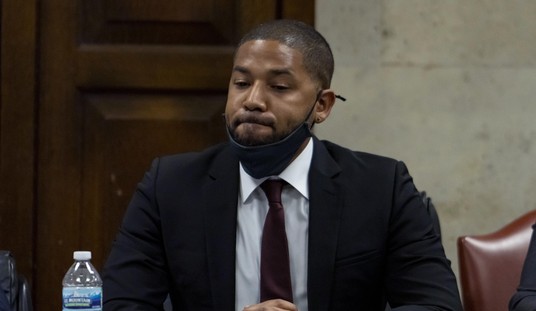Amid global financial instability and uncertainty – characterized by monetary expansion, geopolitical tension and now unprecedented tariffs and the beginnings of a U.S.-China trade war – nations may be on the brink of a race to stockpile Bitcoin as a strategic reserve asset.
Though President Trump’s tariff strategy will undoubtedly impact the global economy in myriad ways, and already has, another recent White House move may prove more consequential.
Last month, Trump signed an executive order establishing the U.S. Strategic Bitcoin Reserve, a landmark turning point in the institutional legitimization of Bitcoin as a savings asset. The order – which dubbed Bitcoin “digital gold” and “a unique store of value in the global financial system” – is an acknowledgment by the most powerful nation in history that Bitcoin is an immutable and scarce asset capable of storing value across time and borders.
But it’s not the effects of the Strategic Bitcoin Reserve on Bitcoin that’s most significant here – it’s the broader implications of the move on the global financial order that’s already experiencing turbulence. Because though a trade war has begun, a currency war has been well underway. And make no mistake, the two are inexorably intertwined.
The dollar’s hegemony as the world’s reserve currency has steadily declined from 70% to 59% of reserves from 2000 to today. Attempting to capitalize on this trend, BRICS nations (Brazil, Russia, India, China, South Africa and others) have been accumulating gold and dumping U.S. treasuries at increasing rates in a concerted effort to challenge the dollar. At their 2024 BRICS summit, the countries discussed creating a BRICS gold-backed currency.
Recommended
In November, Trump responded to those efforts: “We require a commitment from these Countries that they will [not] create a new BRICS Currency… or they will face 100% Tariffs.”
But why did the prospect of a BRICS currency, not trade imbalances or foreign tariffs, solicit a tariff threat from Trump?
Since the establishment of the dollar as the world's reserve currency in the wake of WWII, America has enjoyed what former French President Giscard d'Estaing called an "exorbitant privilege"— the ability to finance deficits in its own currency and export inflation to trading partners. And in recent decades, as manufacturing moved offshore, America has had to increasingly rely on that privilege by exporting its currency – via dollar-denominated trade and selling sovereign debt – rather than goods.
Though this economic shift came at a cost to many American businesses and made the U.S. reliant on other, often hostile, nations, it hasn’t been without its benefits too. It resulted in cheaper goods, a higher standard of living for many Americans and allowed the U.S. to print money with less immediate consequence than it otherwise could have without foreign nations buying U.S. debt. But now BRICS nations are off-loading U.S. debt and considering creating their own currency, threatening that entire arrangement.
Against this backdrop, it becomes clearer that the purpose of the tariffs may be broader than balancing trade deficits and reshoring manufacturing – they may also be a means to refinance U.S. debt and counter BRICS de-dollarization measures. And the Executive Order to stockpile Bitcoin may have had the same motivation.
Though some see Bitcoin as a threat to the dollar, the reality is that Bitcoin is currently used predominantly as a store of value. And since rising debt and monetary expansion show no signs of slowing, requiring constant demand from foreign nations to buy U.S. bonds, the U.S. could – with a large enough Bitcoin reserve that continues to appreciate – pay off its debt and reduce its reliance on foreign creditors. Over time, a Bitcoin reserve will strengthen America’s economic position, not weaken it.
The U.S. currently holds more Bitcoin than any other country – an estimated 198,000 BTC – with China close behind at 190,000 BTC; the UK, Ukraine and North Korea also have significant reserves; Bhutan and El Salvador are stockpiling consistently and slowly catching up; Venezuela, Finland and Georgia have small amounts; Abu Dhabi purchased $436 million worth of BlackRock’s Bitcoin ETF; Czech Republic’s central bank may buy up to $7.7 billion worth; leaks reveal Russia is trading with Bitcoin and Iran is using Bitcoin mining to monetize its oil; Pakistan tapped Binance founder CZ to advise its crypto council; and 26 US states introduced legislation to add Bitcoin to their state treasuries.
Though the future is uncertain, what’s clear is that like the nuclear arms race, a Bitcoin race would see enemy and allied nations competing.
Whether it’s weeks, months or years away, once nations begin buying Bitcoin regularly, its price will likely surge. Countries slow to act may find themselves priced out of acquiring a competitive quantity.
Though Trump’s Order authorized the U.S. to acquire additional Bitcoin, the U.S. hasn’t yet. If the U.S. moves first and accumulates significantly more than its rivals, it could neutralize attacks on the dollar and secure a strategic advantage amid a reordering of the global financial system.
Ethan Peck is Director of Bitcoin at Strive Asset Management, focusing on Bitcoin-related corporate governance.

























Join the conversation as a VIP Member